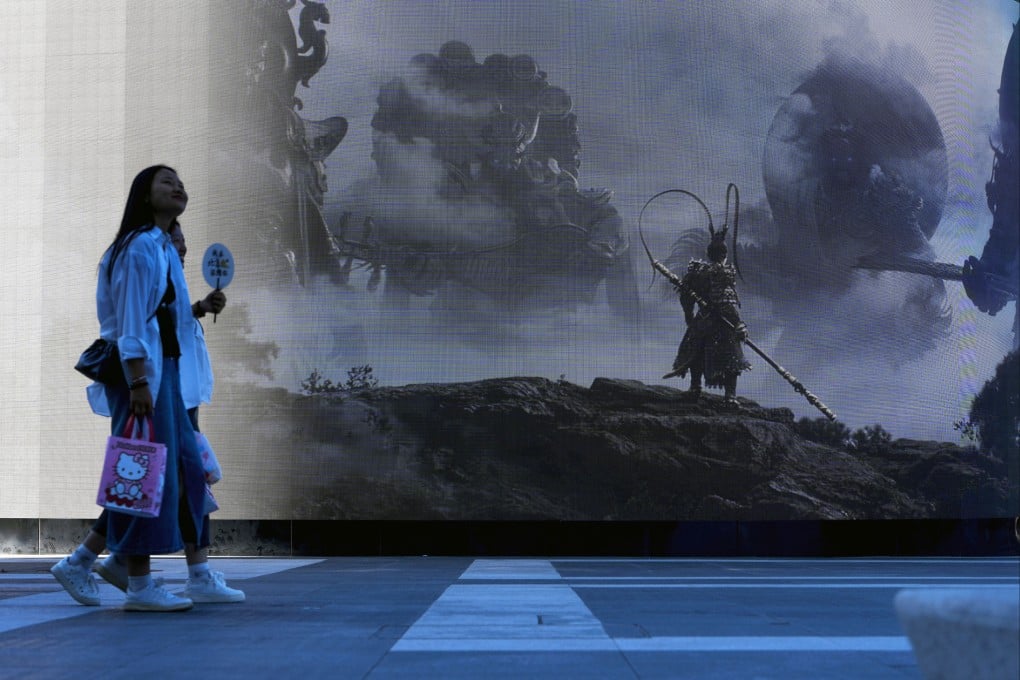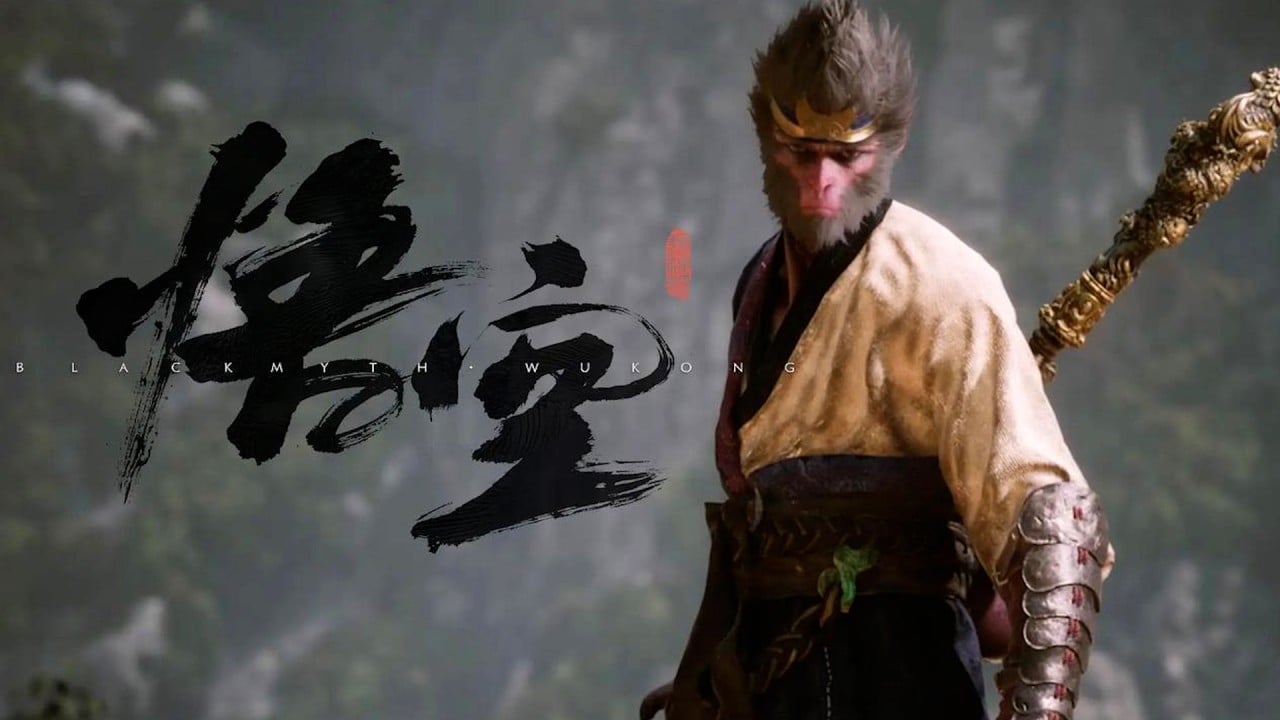Advertisement
Opinion | Why Black Myth: Wukong’s success should spark reflection on sexism in gaming
Sexually explicit comments by the CEO of the studio that developed the game underscore a wider problem in the gaming industry
Reading Time:3 minutes
Why you can trust SCMP
4

Phoebe Zhangin Shenzhen
In recent weeks, Black Myth: Wukong has been called a digital masterpiece, an unprecedented miracle and a beacon of hope for the Chinese gaming industry.
Advertisement
As the first Chinese game to be dubbed AAA, meaning it took “a lot of time, a lot of money and a lot of resources” to make, it has even been seen by the authorities – who have tended to portray games as “spiritual opium” – as an opportunity to boost China’s soft power on the international stage.
Admittedly, the game’s developers put a lot into it; their ambition was to create a Chinese game that could meet international standards. However, sexism allegations have surrounded their indie studio, Game Science, from the beginning.
Shortly after the trailer of Black Myth: Wukong was released in 2020 and generated global buzz, CEO Feng Ji made sexually explicit comments that led some to boycott the game. Graphics that the company used in its recruitment posters in 2015 – one image depicted a man holding a can of Red Bull over his genitals – had also come in for cricitism.
The studio has not publicly apologised, and defenders say such criticism intentionally stirs up hostile sentiments between the sexes.
Sadly, sexism has been rampant in the global gaming industry for years. Many might remember “Gamergate”, a coordinated harassment campaign against women in the gaming industry that grew out of a 2014 blog post by a 24-year-old American, Eron Gjoni, in which he aired unfounded accusations against his ex-girlfriend Zoe Quinn, an independent games developer, saying that she had traded sex for positive reviews. An army of trolls then took the opportunity to police a woman’s sexual behaviour in the name of promoting “ethics in games journalism”.

Advertisement
.jpg?itok=H5_PTCSf&v=1700020945)
